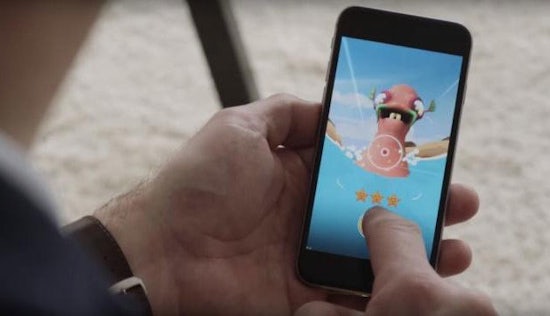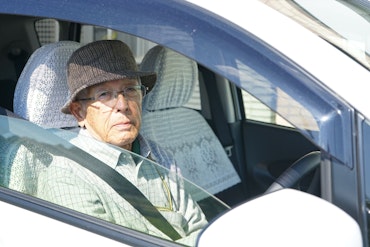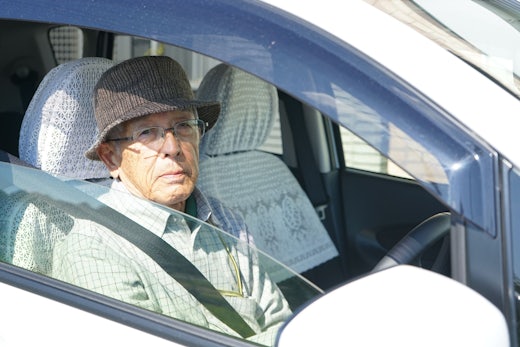Mobile game helps navigate dementia
A simple mobile game is giving researchers the opportunity to make a difference to people living with dementia and is giving them great insight into those at risk of developing the condition.

In what is probably the most extensive study ever, the 2.4 million people from 193 countries playing Sea Hero Quest have generated 63 years of gameplay equating to over 9400 years’ of research into dementia.
Launched in May 2016, Deutsche Telekom’s Sea Hero Quest involves directing an old sailor round desert islands and icy oceans to save his lost memories.
Tasks include memorising maps, navigating mazes, shooting flares to test players’ orientation, and chasing creatures photograph them. Meanwhile the player’s sense of direction and navigational ability is anonymously recorded.
Playing Sea Hero Quest for two minutes is said to generate the same amount of data scientists would take 5 hours to collect in similar lab based research.
The first results show our sense of direction declines as we age – those aged 19 were 74 percent likely to accurately send the flare in the right direction, while 75 year olds were only 46 percent likely.
Getting lost is an early indicator of dementia and researchers believe these results could help develop a test to detect the earliest spatial navigational changes in dementia.
Dr Hugo Spiers of University College London, who has been heading up the anonymous player data, highlights because this is the only study of its kind, on this scale to date, its accuracy greatly exceeds that of all previous research in this area.
“The findings the game is yielding have enormous potential to support vital developments in dementia research,” he says.
“The ability to diagnose dementia at early stages, well before patients exhibit any signs of general memory loss, would be a milestone. This study is thus now giving us the opportunity to make a real difference to the lives of millions of people living with dementia and those at risk of developing the disease in the future.”
Sea Hero Quest will now be used to help both predict the onset of the dementia, as well as influence and track the impact the treatment of those already diagnosed with the condition. This will involve developing a new version of the game to allow for a clinical setting.
Hilary Evans, Chief Executive of Alzheimer’s Research UK, which is co-funding the analysis of Sea Hero Quest data, believes the results are only scratching the surface.
“While Sea Hero Quest is targeted towards the general population, it’s promising to see the game already being taken into a clinical setting to measure spatial navigation changes in people with dementia,” she says.
“Big data has the potential to address some of the most fundamental questions that remain in science and this project is a great example of how millions of people can contribute to research from the comfort of their own sofas.”
“These new insights into how humans navigate have only come as a result of a new kind of collaboration in dementia research. A health challenge as complex as dementia demands we approach studies innovatively, and the involvement of Deutsche Telekom proves that forward-thinking partners outside of the traditional research bubble can bring unique and powerful strengths.”
The data analysis has also revealed more differences; it suggests men are slightly better than women at navigating, and several Nordic countries (Finland, Sweden, Norway, Denmark) appear to have particularly noteworthy spatial navigation capabilities.
Expecting to take up to two years to complete, later analyses of the research will assess six other demographics tracked by the game including education level, handedness, self-rated spatial navigation ability, the geographical environments in which players grew up, hours of sleep and amount of time spent travelling per day.
The game is available for free download from the App Store and Google Play. The anonymous data it produces will continue to be provided to scientists – and, thus, to the dementia research community.























Comments